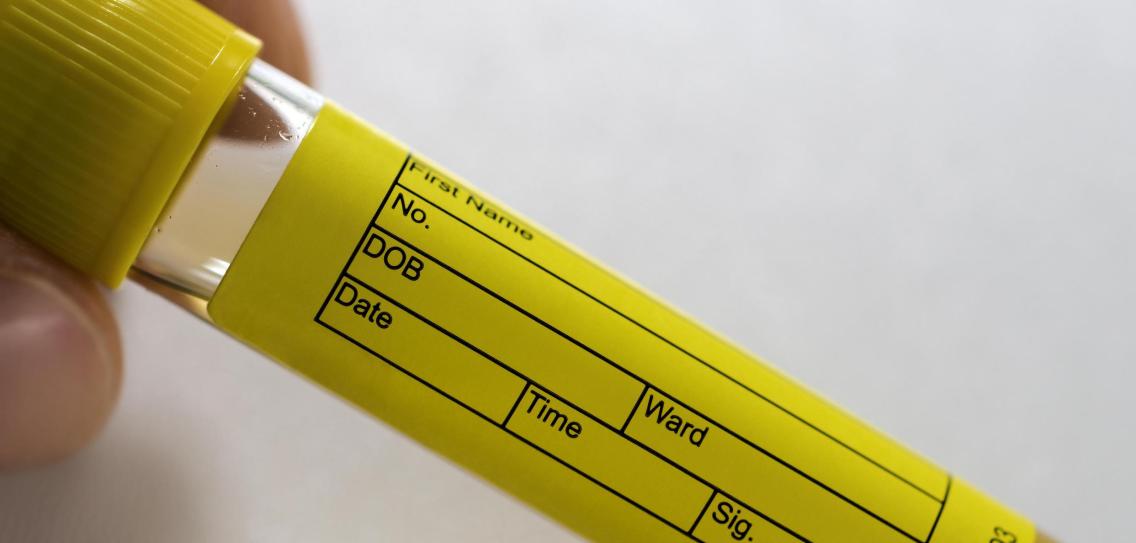These government people do nothing but talk about global warming.
They don’t talk about the poisonous chemicals in the environment, which are entering the bodies of all humans.
Germany’s Federal Environment Agency (UBA) is sounding the alarm after finding high levels in humans of a banned plasticiser—a chemical added to a material to make it more flexible and less brittle. The presence of the harmful substance, linked to male infertility and higher risks of diabetes and obesity, was discovered as part of the ongoing 6th German environmental study on health.
UBA toxicologist Marika Kolossa said to Die Welt that the metabolite MnHexP had been found in 28 percent of urine samples so far.
A breakdown product of the plasticizer di-n-hexyl phthalate (DnHexP), MnHexP, has been strictly regulated since 2013 and is largely prohibited in the European Union. It was first discovered in humans in 2023.

Cartoon from the German Federal Environment Agency. Why do all these government institutions feel the need to show this weird, low-effort artwork these days?
“Such a substance should not be found in the body—and we find it,” said Kolossa. “It is a major problem,” Kolossa said now.
The origin of the plasticizer is so far unknown. The results that have been made public come from an investigation into samples in North Rhine-Westphalia.
“This is a real detective story. We are now undertaking a full investigation in Germany,” Kolossa said.
The German agency also works closely with EU authorities.
Kolossa explained that in animal experiments, the metabolite was shown to be harmful to reproduction. It mainly affects the reproductive organs of male fetuses in the womb, but animal experiments also showed that in adults, it can increase the risk for diabetes, hypertension, and obesity. Concentrations have been discovered in individual people “which are so high that a health risk cannot be ruled out,” Kolossa added.
…
As part of the ongoing investigation in North Rhine-Westphalia experts from the State Office for Nature, Environment and Consumer Protection ( Lanuv ) retrospectively examined old urine samples from kindergarten children. They found that, between 2017 and 2021, the proportion of samples contaminated with MnHeP increased from 26% to 61%. Lanuv said in a statement that the reason for this is completely unclear.
According to Lanuv, the plasticizer DnHexP has been listed as a substance of very high concern in the European Union since 2013. It is no longer permitted as an ingredient in cosmetic products, food contact materials, or toys.
These chemicals are a real issue. It’s a serious problem. It’s not theoretical, like global warming.
And yet, no one seems interested in addressing the problem.
I’ll take “things that kill your dick” for 300

